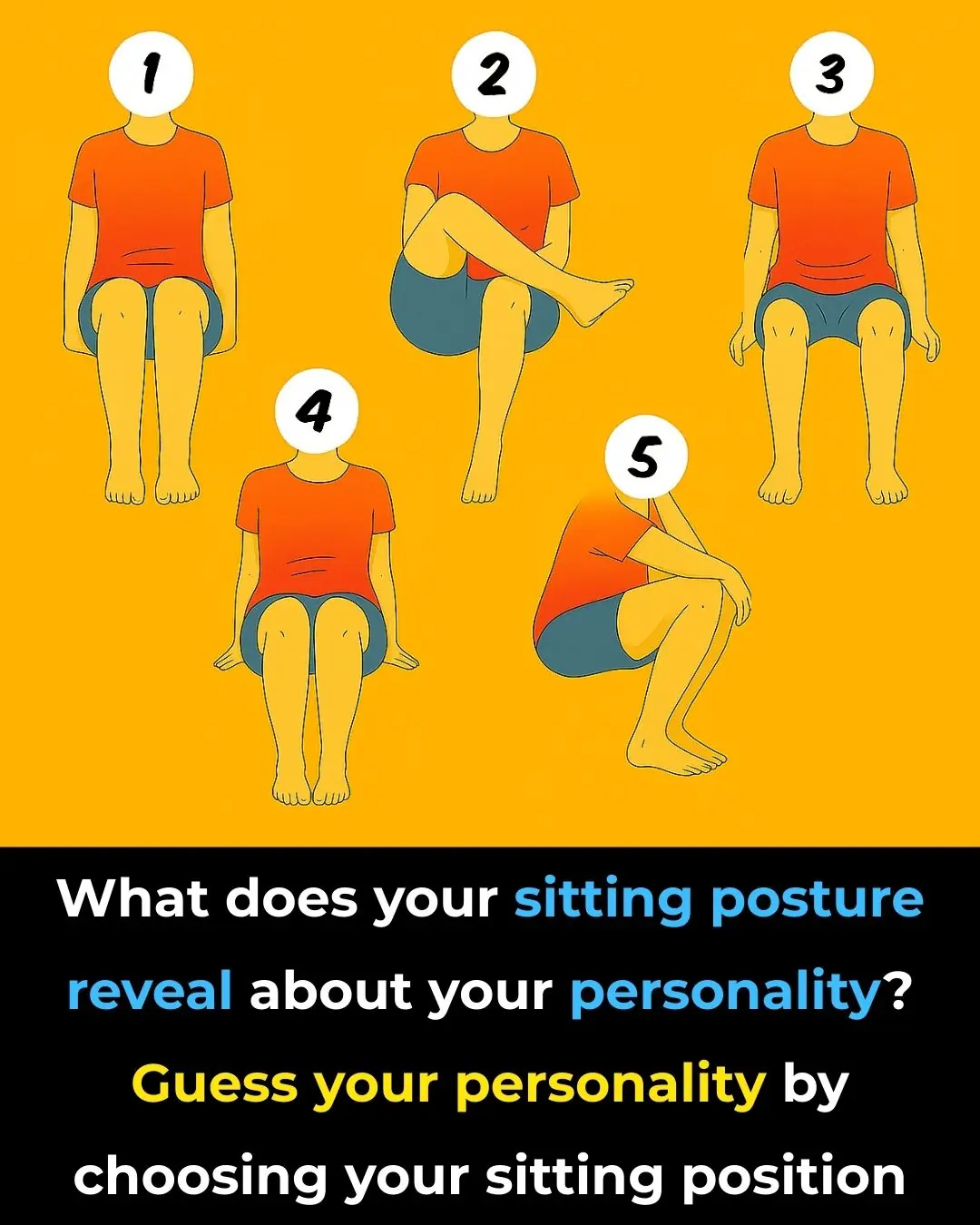
Donald Trump’s Niece Raises Serious Concerns Claiming He’s ‘Declining Rapidly’ and ‘Rambling’

When Family Disputes Spill into Public Debate
Family disagreements usually remain private, but when they involve a figure as polarizing as Donald Trump, they quickly spill beyond the dinner table into the arenas of politics, health, and national trust. That is exactly what has happened with Mary Trump’s latest remarks about her uncle, which cast doubt on his mental fitness and collide directly with official medical assurances. The result is a clash of perception versus proof—raising questions not only about one man’s health but also about how a nation judges the capacity of its leaders.
Mary Trump Raises Concerns
Mary Trump, the daughter of Donald Trump’s late brother Fred Trump Jr. and a trained clinical psychologist, has once again fueled public discussion about her uncle’s mental state. In a widely circulated YouTube video titled “Trump DECLINES RAPIDLY as Behavior RAISES CONCERNS,” she argued that the former president shows “clear signs of mental decline” and warned that evidence is mounting that “he is losing it every day.”
She cited several episodes she views as troubling. One particularly unusual incident took place when Donald Trump appeared unexpectedly on the roof of the White House, where he told reporters he was simply “taking a little walk.” When pressed, he referred to “missiles” and “nuclear missiles,” even mimicking the gesture of a rocket launch. Mary Trump asked pointedly: “There he was on the roof of the White House in the middle of a Tuesday afternoon doing what exactly? Nobody knows. I don’t believe he knows.”
In the same video, she criticized his comments about space exploration, including talk of building a nuclear reactor on the Moon. For her, such statements demonstrated “zero impulse control” and highlighted what she believes is a deterioration in his ability to communicate responsibly.
Mary stressed that her assessment was observational, not based on direct medical evaluation. Still, she delivered her judgment sharply: “We’ve all become used to the fact that every time Donald stumbles, rambles, forgets people’s names, wanders off stage, or just pulls made-up facts out of thin air, in other words, lies, people on the right pass it off as fun little quirks. But every single day Donald Trump appears to be losing it.”
While critics note Mary Trump’s long history of clashes with her uncle—including lawsuits over inheritance and public disputes—her comments resonate widely because she combines two perspectives: that of a family insider and that of a psychologist. This dual role makes her warnings harder to dismiss outright, even as her personal history raises questions about potential bias.
Mary Trump: Insider, Psychologist, and Persistent Critic
Mary Trump is not a casual commentator. With a doctorate in clinical psychology, she has leveraged her academic training in analyzing her uncle’s public behavior. Her 2020 book Too Much and Never Enough: How My Family Created the World’s Most Dangerous Man became a bestseller and cemented her role as one of Donald Trump’s most outspoken family critics.
Her public feud with the former president has also played out in court. In 2020 she sued Donald Trump, Maryanne Trump Barry, and the estate of Robert Trump, alleging fraud in her inheritance. Though the case was dismissed in 2022, she pursued appeals. Donald Trump, in turn, sued Mary Trump and The New York Times over its 2018 financial investigation, a case that remains partly active. These disputes illustrate that her commentary cannot be separated from a broader history of family conflict.
Still, her credentials and visibility mean that her critiques influence how the public interprets Donald Trump’s behavior. In political communication, perception often matters as much as evidence, and Mary Trump has become a powerful voice shaping that perception.
Official Health Reports vs. Family Allegations
On the other side of the debate, official medical assessments continue to paint a picture of stability. On April 13, 2025, the White House released a memo from the president’s physician, Captain Sean Barbabella, declaring Trump in “excellent cognitive and physical health” and “fully fit to execute the duties of the Commander-in-Chief.” The memo cited neurological and psychological testing that showed “no abnormalities,” along with observations of his active lifestyle and frequent golf outings.
The Washington Post reported that Trump had scored perfectly on the Montreal Cognitive Assessment (MoCA), with no abnormalities in gait, language, or executive function. Past records echo these results: in 2018, Dr. Ronny Jackson, then White House physician, announced Trump had achieved a perfect MoCA score, describing him as “cognitively intact.” For supporters, these repeated clean bills of health undercut claims of decline.
The tension lies in the contrast: Mary Trump’s personal observations versus documented medical exams. Both carry weight, but they lead the public in different directions—one toward suspicion, the other toward reassurance.
Science, Ethics, and the Limits of Diagnosis
The controversy highlights deeper issues about how society should evaluate the health of public leaders.
The Goldwater Rule: The American Psychiatric Association prohibits its members from diagnosing public figures without direct examination and consent. This rule, born out of political controversies in the 1960s, underscores the ethical hazards of armchair diagnosis. Mary Trump, though trained as a psychologist, does not have clinical access to her uncle, which places her commentary in a gray zone between professional opinion and political critique.
Cognitive Screening Tools: The MoCA, while widely used, is only a screening test. It examines memory, attention, executive function, and other domains but cannot alone rule out all forms of dementia. Medical experts caution against interpreting a perfect score as proof of lifelong cognitive security.
Types of Dementia: Public speculation often centers on Alzheimer’s or frontotemporal dementia. The latter, in particular, affects behavior and decision-making earlier in life. Yet, occasional verbal lapses or name mix-ups, common in older adults, do not necessarily signal disease.
Historical Precedents: Past presidents have faced similar scrutiny. Ronald Reagan’s 1994 disclosure of his Alzheimer’s diagnosis reshaped public expectations for transparency. Franklin Roosevelt concealed much of his disability while in office. These examples show how health narratives influence legacies as much as medical realities.
Public Opinion Today: Surveys reveal that voters increasingly favor mandatory, publicly released cognitive testing for presidents. An Axios Ipsos poll in June 2025 found broad bipartisan support for such measures, reflecting distrust of both official reassurances and partisan accusations.
Perception, Politics, and the Public Trust

Ultimately, the debate over Donald Trump’s mental fitness reveals as much about American society as it does about him. Mary Trump’s stark warnings resonate because they tap into anxieties about age, leadership, and trust. Official medical memos reassure, but they compete against powerful images of verbal stumbles, unusual behavior, and viral video clips.
In politics, perception often proves as influential as fact. Leaders are judged not only on test results and doctor’s reports but on how their words and actions make people feel about their competence. The collision between Mary Trump’s narrative of decline and official assurances of health embodies this uneasy balance.
What emerges is a reminder that health, for public figures, is never merely private. It becomes a mirror of national trust, a proxy for political confidence, and a test of how societies decide who is fit to lead.
News in the same category


‘Miracle’ Moment: Cross Necklace Stops Bullet and Saves Man’s Life

Christian Bale Built $22 Million Foster Care Village in California

Emma Stone opens up about coping with fame after revealing she would like to be called by real name

Airline sparks outrage with controversial new plus-size seating rule

Millionaire game hunter killed by same buffalo he was stalking

Why Some People Can’t Handle Spicy Food

The hidden meaning of thumb rings: what they represent for women vs. men

The Small Hole on the Sink: A Feature You Never Knew You Needed

Concerned Woman: Beware of Abandoned Prams on Roadsides!

Your Character According to Your Sitting Style

California’s Canals Are Being Covered With Solar Panels To Save Water And Generate Power

Scientists Regenerate Eyes With Stem Cells Restoring Corneas And Full Vision In Patients

Emma Stone explains why not believing in aliens is ‘narcissistic’ as she declares belief in extra terrestrial beings

Damaging effects of new ‘phubbing’ trend that could be ruining your relationship

Japanese airport has never lost luggage in over 30 years – This is why

A Company in Kenya Builds Houses From Recycled Shipping Containers – Solar-Powered and Ready in Days

What Terrible Things Happen When Women Lack Intimacy? A Painful Yet True Reality

Why You Should Never Place Your Bed Like This
News Post

Early-Stage Cancer May Not Hurt at First, But If You Notice These 8 Signs When Using the Bathroom, See a Doctor Immediately: Don’t Be Negligent

Crush This Bundle of Mugwort Leaves and Place It in Your Room — No Matter How Many Mosquitoes There Are, They’ll ‘Run Away’ and You Can Sleep Peacefully

Pouring White Sugar into Detergent: A Simple Trick Everyone Loves That Saves You Big Every Year

How True Love Shows Itself During Intimacy

The surprising truth about eating eggs every day

7 Early Signs Your Body is Fighting Cancer

9-year-old dies after dental procedure

Terri Irwin makes heartbreaking admission 19 years after Steve’s death

5 Nutritious Vegetables That Can Harm Your Kidneys If Eaten Too Much

7 Items You Should Never Store in the Freezer – Like Ticking Time Bombs

18 Powerful Foods That Help Detox Your Kidneys and Cleanse Them Naturally

15 Best Skin Gels for Glowing Skin & Wrinkles

Vaseline Uses and Benefits for Skin, Lips and Hair | Petroleum Jelly Benefits

🥚 What Happens to Your Body When You Eat 2 Eggs Every Day?

‘Miracle’ Moment: Cross Necklace Stops Bullet and Saves Man’s Life

Christian Bale Built $22 Million Foster Care Village in California

Unexplained Bruising on Your Body: Causes and Treatments

If your private parts smell fishy, it’s something you should be aware of

10 Hidden Signs Your Immune System Is Under Attack
